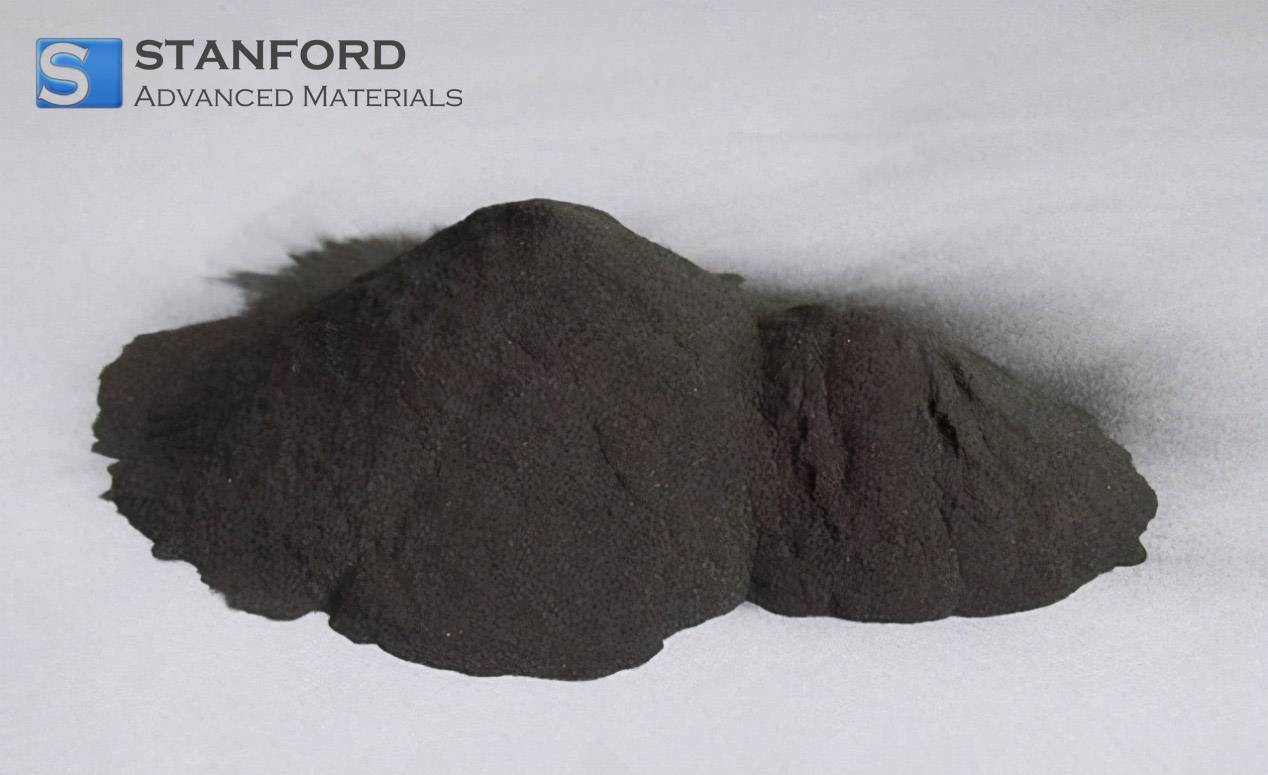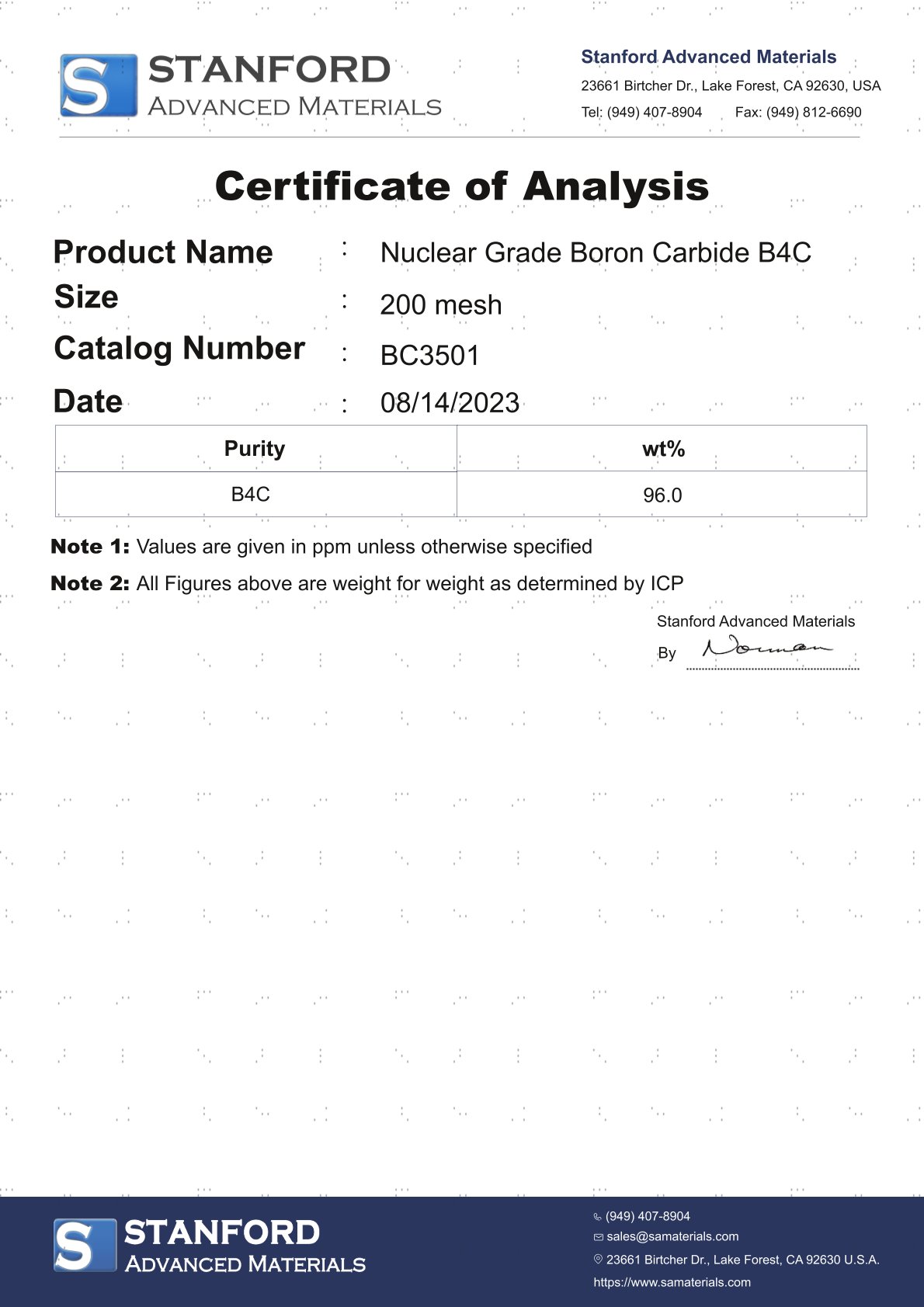- Products
- Categories
- Blog
- Podcast
- Application
- Document
BC3501 Nuclear Grade Boron Carbide B4C (CAS No. 12069-32-8)
| Catalog No. | BC3501 |
| Material | B4C |
| Purity | 96% min |
| Size | Customized |
Stanford Advanced Materials (SAM) can provide Nuclear Grade Boron Carbide product series. Nuclear Grade Boron Carbide is a type of Boron Carbide Powders product. SAM provides Boron Carbide Powders with high purity and competitive prices.
Related products: Sinter Grade Boron Carbide, Hot-Pressed Grade Boron Carbide
INQUIRY
Add to Inquiry List
Description
Specification
Technical Data Sheet
Video
LATEST RECOMMENDED

CA0912 Boron Carbide Plate, B4C
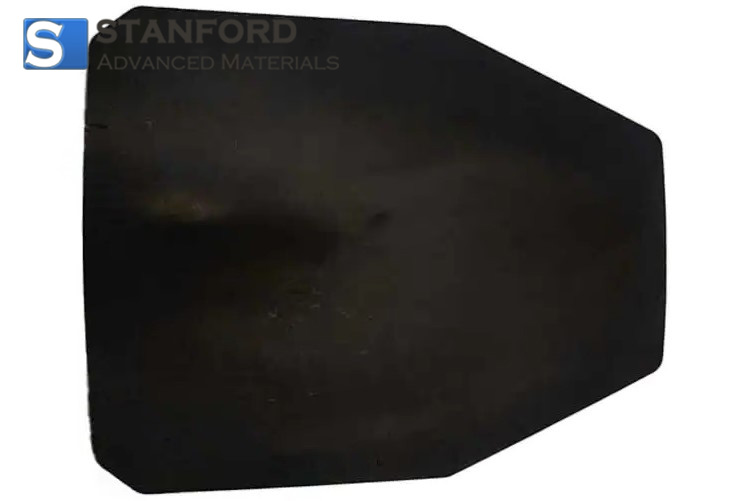
BC0913 Boron Carbide Bulletproof Plate, B4C
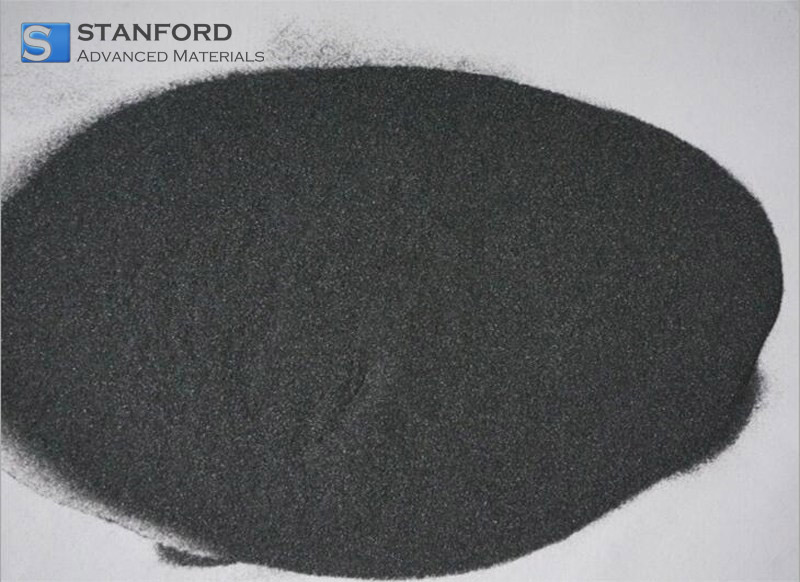
BC3502 Sinter Grade Boron Carbide B4C
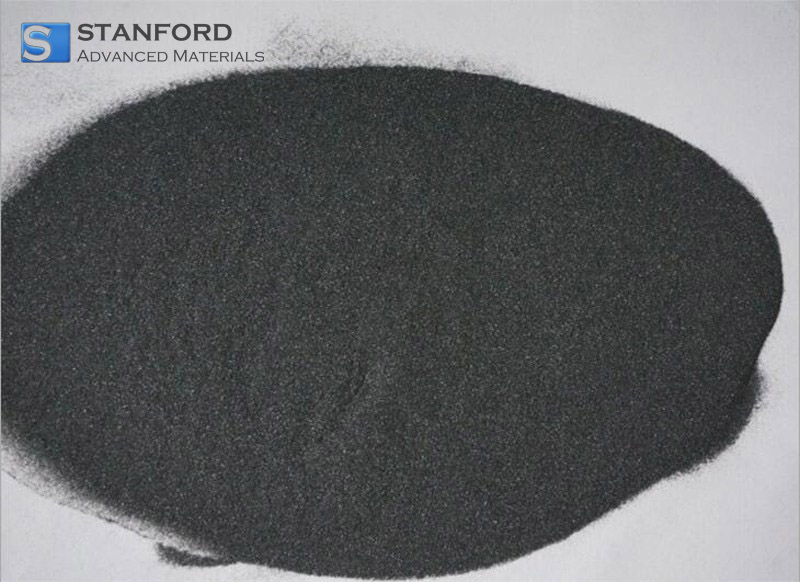
BC3503 Hot-Pressed Grade Boron Carbide B4C
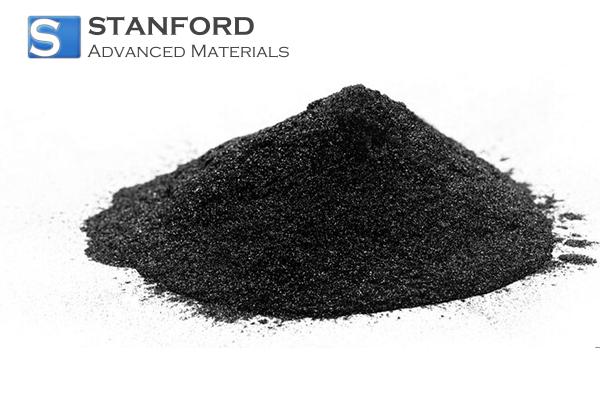
BC4372 Spherical Boron Carbide (B4C) Powder
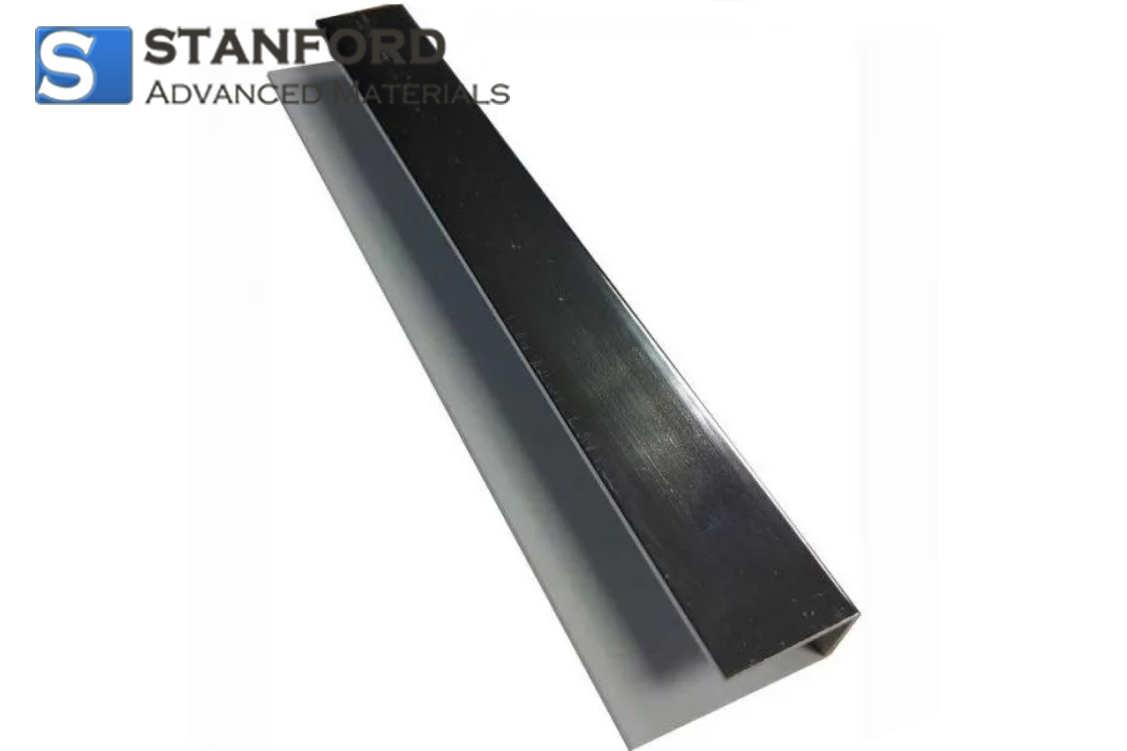
BC4503 B4C/Al Neutron Absorber Material
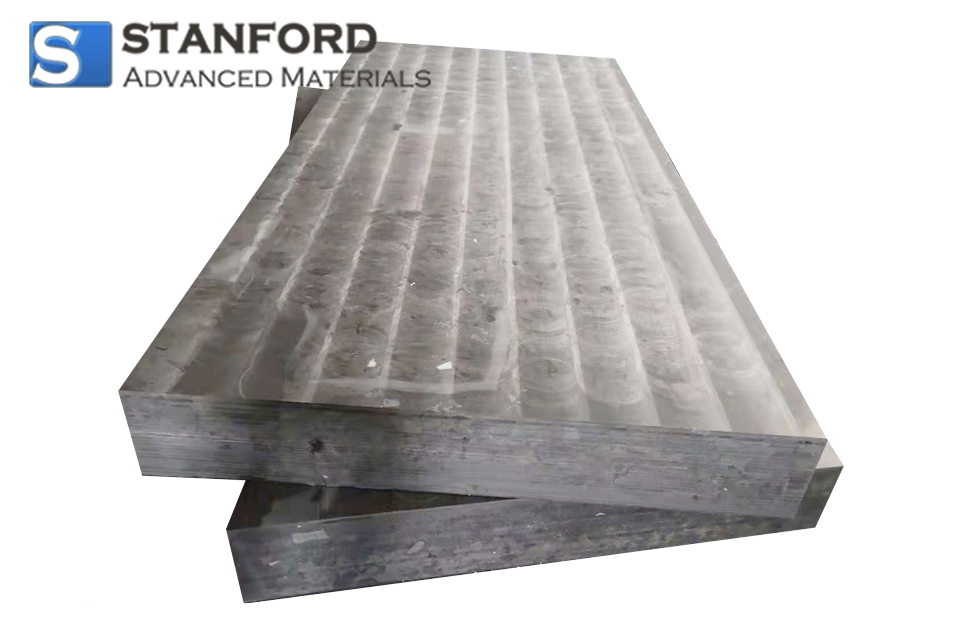
BC4504 Boron Steel Neutron Absorber Material
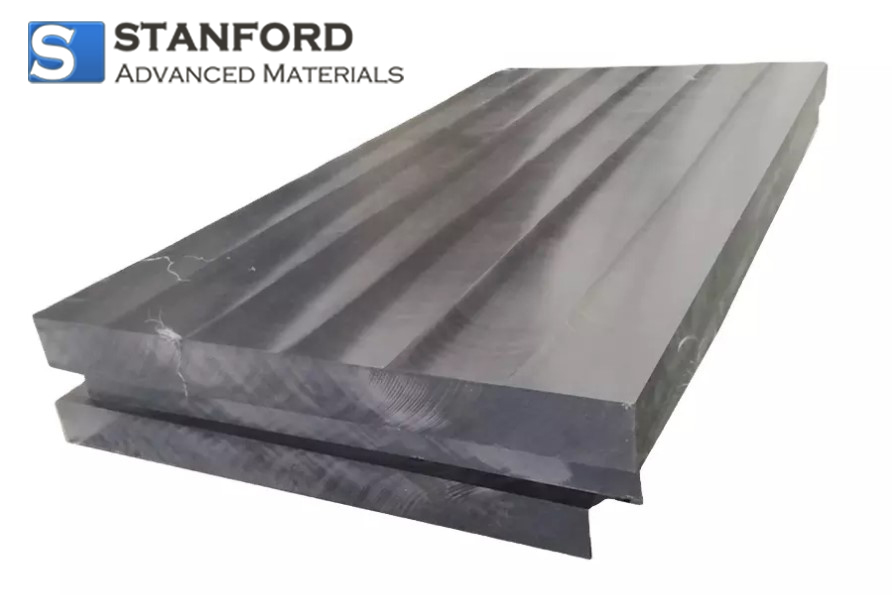
BC4505 Boron Polyethylene Sheet
GET A QUOTE
Send us an Inquiry now to find out more Information and the latest prices,thanks!

